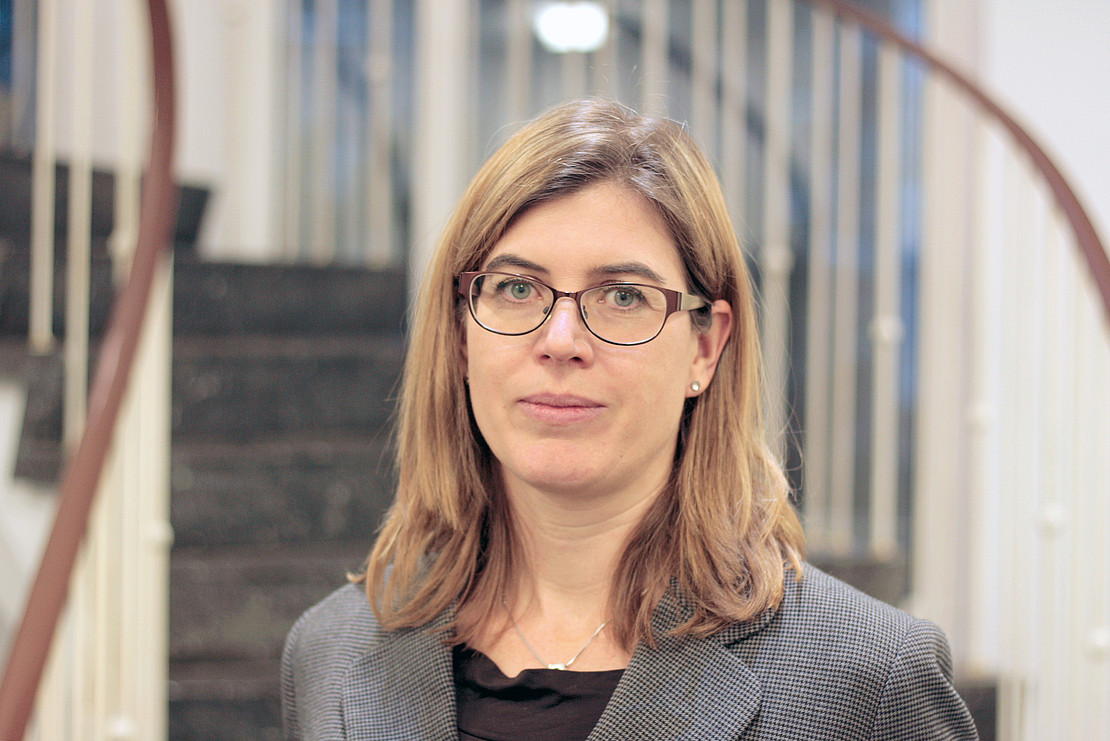This page contains automatically translated content.
"You can learn how to deal with change"

public:The world of work is changing profoundly. How do employees and supervisors best deal with this?
Ohly: Change always creates resistance, more so for some and less so for others. That's human nature. There are often good reasons: Change can mean real losses if I suddenly no longer work with dear colleagues or lose tasks that I'm good at. In addition, insecurity arises. A good boss reduces this uncertainty: he or she explains what changes are in store for employees and who will be affected by them in the first place.
public: If I as an employee know what's coming, that doesn't make it all good. Are there strategies for dealing with fears more effectively?
Ohly: You can actually learn this to a certain extent. On the one hand, you can work in a problem-oriented way and learn early on how to handle the new tasks in a very practical way. On the other hand, you can work in an emotion-oriented way and regulate possible fears, for example with relaxation exercises. It makes sense not to focus on possible negative changes, but to look at: Where does the change bring me a gain, perhaps new interesting tasks? The supervisor can help by making this potential clear.
publicize:In order to shape change, many companies and organizations rely on ideas from the ranks of their employees...
Ohly: That's one way to shape change. In addition to the practical value of good ideas, it makes sense to involve employees, for example through idea management. This includes feedback and rapid processing of suggestions. We have investigated the importance of monetary incentives, i.e. bonuses for good ideas. Interestingly, money does not play a major role at first. The feeling of being able to make a difference is much more important. But: no premium is also not a solution, because that is then perceived as unfair.
publik:You are also investigating innovative working time models - the work of the future will be increasingly flexible, or is that impression deceptive?
Ohly: If you have fixed work schedules, for example in industrial production, it's not so easy, but especially in knowledge-intensive or creative fields, a lot is on the move. There will certainly be more and more teleworking or part-time models. That's an advantage for employees.
PUBLIC: Is it worth it for the employer because the employees are then more creative and efficient? Is there such a thing as optimal working hours, perhaps 30 or 35 hours a week?
Ohly: That's an interesting but difficult question. We found in a study that there is such a thing as an optimal density of work. A certain, moderate amount of time pressure is conducive to creativity because you stay awake and stimulated. Too much time pressure, however, stifles creativity. But the measure of this is individual. And as for the duration of work, working too long leads to exhaustion, which hinders creativity.
PUBLIC: Speaking of exhaustion, a few years ago you presented a highly regarded study on the use of business cell phones after hours. According to the study, two-thirds of employees in knowledge-based professions occasionally or frequently look at their work cell phones after work. Is that healthy?
Ohly: We followed up on this topic and found a fine distinction: It's not cell phone use per se that's stressful for most people, but when their supervisor expects them to respond quickly or to continue working during their free time. It helps to have firm agreements on when and why the boss may exceptionally expect a reaction at the end of the working day, for example because a project is about to be completed. Otherwise, the end of the working day should be respected. Many people check their e-mails anyway, but with the good feeling that they can decide for themselves whether to respond or not.
Interview: Sebastian Mense